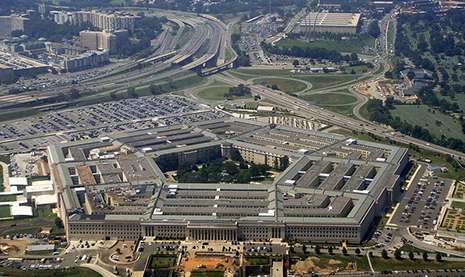"The United States at least continues to hold out the prospect that Russia, maybe not under Vladimir Putin, but maybe sometime in the future, will return to a forward-moving course, rather than a backward-looking course," Carter said, just before arriving in Berlin.
The Pentagon chief, who will attend his first NATO meeting as secretary this week, said he wants to lay out America`s balanced approach, which involves bolstering Europe`s military ability to deter Russia`s military actions. At the same time, allies need Moscow as they fight terrorism and hammer out a nuclear agreement with Iran.
Carter`s trip comes as the European Union is expected to extend economic sanctions against Russia until January to keep pressure on Moscow over the conflict in eastern Ukraine. And it follows Putin`s announcement that he will add more than 40 new intercontinental ballistic missiles that are capable of piercing any missile defenses.
Putin`s remarks about the missiles were deemed "nuclear saber-rattling" by NATO Secretary-General Jens Stoltenberg. Carter called it inappropriate behavior.
Carter is expected to give a speech in Berlin, travel to Estonia, and attend a NATO defense ministers` meeting this week.
A key theme at all his stops will be how the United States, NATO and other partners can best deal with the Kremlin in the wake of Moscow`s annexation of Ukraine`s Crimea region and its military backing of separatists battling Ukraine`s government on the eastern border.
But part of the calculus, Carter said, will be a new playbook for NATO that deals with Russia`s aggression while also recognizing its important role in the nuclear talks with Iran, the fight against Islamic State militants and a peaceful political transition in Syria.
Some allies are participating individually in the fight against Islamic State, but NATO has not agreed on how it should act.
More about:
















































